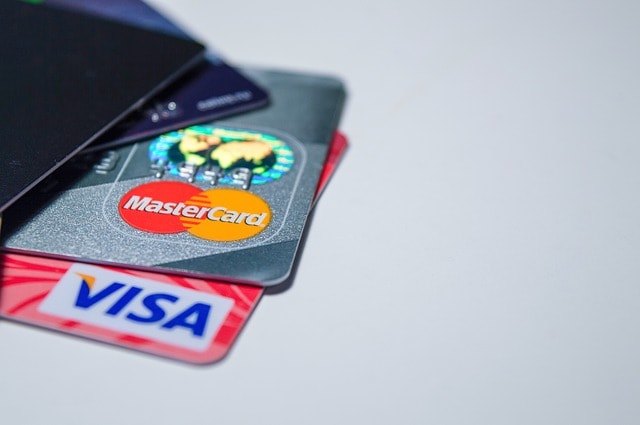Online financial transactions have been gaining traction in India as, in this digital age, most crucial dealings are done online using the internet. The banking system recorded more than 1.2 million new credit card issues in November 2021. The total credit card transaction value is expected to touch INR 51.72 trillion by FY 2027 at a CAGR of 39.22%.
Digital fraud is the ugly head of the digital era. Such a huge number of financial transactions need a number of security measures as they are prone to data breach. It is critical to take all safety cautions towards cybersecurity. OTP (one time password) is one of such measures.
The RBI (Reserve Bank of India) has recently prohibited all merchants and payment gateways from storing sensitive customer data on their cards to make electronic payments more secure. To complete online transactions, they need to use encrypted tokens, card-on-file (CoF), an alternative to card storage with the merchants.
Let us take you through every vital thing regarding OTP in this post.
What is an OTP Number?
OTP is a system-generated number. It can be a four to six-digit numeric code sent to the registered mobile number and email ID of a cardholder to authenticate the online transaction or a net banking transaction and the user.
OTP is an enhanced security level for online transactions. It aids in protecting network access and cardholders’ digital identities. It is sent to the customer within a few seconds of entering the card details for a transaction. It is valid for only a few seconds or minutes, depending on how the back end system of the financial institution works. A new OTP is generated for each transaction made using a credit card. It is a secret token that must not be shared with anyone other than the cardholder.
CVV vs OTP
CVV (Card Verification Value code) and OTP both are important means for the safe use of credit cards.
While OTP is generated for each online transaction, a credit card CVV number is mentioned on the backside of a card, close to its magnetic strip. You use this for each of your online transactions. It is proof that you are physically holding the credit card. In case a fraudster gets your credit card number, no transaction can be done through your card without knowing the CVV number.
- When an individual shops from a merchant store using a credit card, it requires the card PIN to authenticate the transaction.
- While making an online transaction, an individual will need to authenticate the transaction with the credit card CVV number, and the OTP is also sent to the registered number.
What benefits does OTP brings
- The OTP outweighs all the security hiccups the security administration has to face.
- It can be used one time only, preventing cyber criminals from getting the code and reusing it.
- OTP algorithms avoid the consequences of weak passwords, the same password on multiple accounts and misuse of login credentials.
- Breach of security is extremely minimal as an OTP is valid only for a few seconds or minutes.
Tips to safeguard from OTP fraud
- Never disclose your financial information like CVV and OTP to anyone. No authority in any financial institution can ask for PIN, OTP, or CVV over the phone or message.
- Individuals using online modes of transactions should be very cautious if anyone asks to install any software/apps. It may be a fraud to steal your financial information. Some apps may even initiate fake transactions.
- Avoid clicking on links embedded in an email or SMS, especially when asking for financial credentials.
- While making an online transaction, double-verify the amount and the merchant and proceed only if the source looks authentic.
- You are never required to scan a QR code to receive money. If a buyer asks you to scan QR, it is a scam.
- Avoid transacting online from unprotected or public networks.
- Prefer to use a virtual keyboard on public devices. Keystrokes on physical keyboards can be captured easily.
- If you need to share copies of your cheques and KYC documents with unknown persons, like a bank representative, verify their identity first and then share your documents. It will help avoid any fraudulent activity on your credit card in the future.
Why prefer credit cards
A credit card is a financial tool that most people use to build a good credit history. A good credit history allows you to get loans at favourable Interest rates. The cardholder can earn redeemable reward points on daily purchases. Consider the credit card billing cycle and pay timely bills to increase your CIBIL score with good credit history. To make credit card usage more convenient and hassle-free, you can convert the bill into easy EMIs.
Thus, you can cautiously use your credit cards and ease your life with readily available finance to fulfil your needs.












